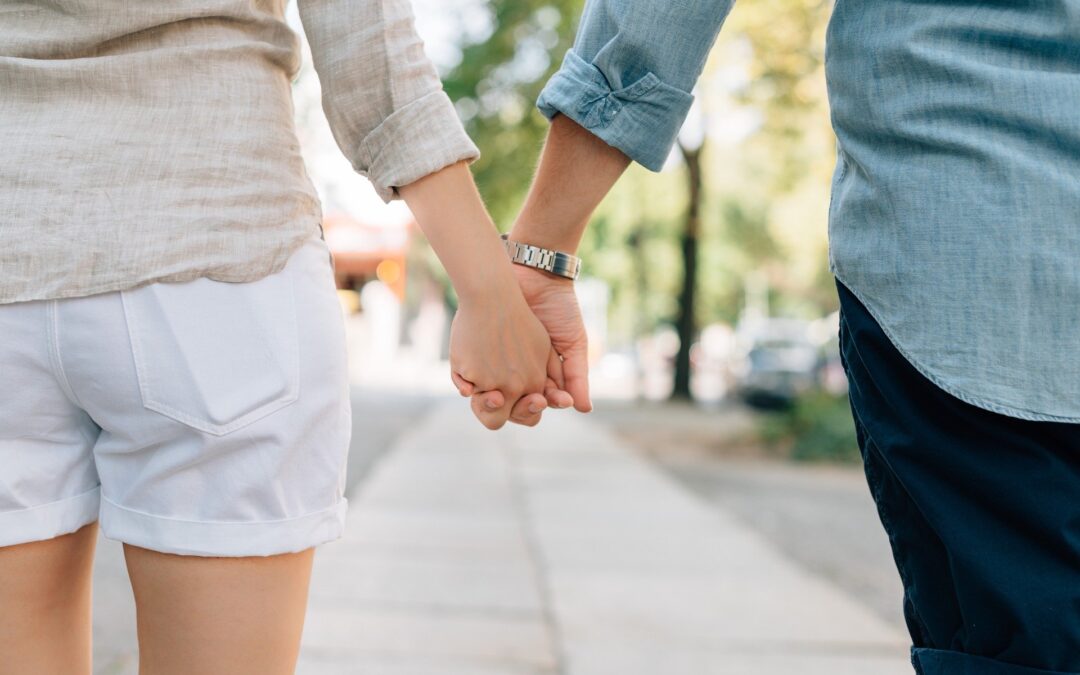Breaking up sucks no matter if you’re the one leaving or the one being left. Either way, you have to adjust to a new reality. The person who was once your closest ally is no longer in your life. The time you spent with them is now a giant void you don’t know how to fill. It’s easy to spend that time ruminating about everything that went wrong.
But add the global pandemic to the mix and it can be exponentially harder. You’ve already been feeling unsettled by all the changes you’ve had to adjust to over the past year. On top of losing the relationship, you’re scared for your safety and the safety of your loved ones. You might be worried about your job or how to keep up with your bills. You can’t do the usual things people do to heal: going out with friends, asking for hugs, meeting new people, working off your feelings at the gym. You can’t pamper yourself at the spa or travel to visit your family. So what can you do instead? Here are some tips for surviving a breakup while self-quarantining:
-
- Acknowledge the pain and allow yourself to feel it. Whatever you’re feeling – sad, angry, guilty, relieved, confused, lonely, betrayed – it’s normal and part of the healing process. It may sound counterintuitive to tell a person to be with their pain. After all, nobody wants to feel bad. Our natural tendency is to distract ourselves, to look for ways to make us feel better. But pushing away uncomfortable feelings only works in the short run. By not allowing ourselves to simply feel what we feel we end up prolonging the pain and slowing down the healing process. A caveat: Giving yourself permission to feel the pain does not mean wallowing in it. Be with your feelings but allow them to come and go. Don’t try to hang onto them.
- Be kind to yourself. You might be experiencing guilt over feeling bad when so many people have gotten sick or lost loved ones to Covid. You may tell yourself, “Suck it up, other people have it worse, you’re just feeling sorry for yourself”. The reality is that others are suffering and your own pain is valid as well. You have a right to whatever you are feeling.
- If possible go no contact with your ex, even if the breakup was amicable. Let them know you need space to process your feelings. Resist the urge to stalk them on social media. While it’s tempting to check up on your ex, it will not help you move on. When you start wondering what they’re doing and if they still think about you, do something else instead. Watch a movie, read a book, take a hot bath, do anything but cyber stalk your ex. If you can’t bring yourself to block or unfriend them, at least unfollow them. Maybe you can be friends at some point, maybe not. But in the meantime, you don’t have to see their posts or feel bad because they didn’t like one of yours.
- Reach out to family and friends. Social distancing doesn’t have to mean social isolation. Connect with others through video chat apps like FaceTime, Google Duo, or Zoom. It’s not the same as an in person meeting but you can still do a video brunch, coffee date, happy hour, even a video work out session. Be creative!
- Keep to a daily routine. So many things are out of our control, especially now. Maintaining structure can provide you with a sense of control over your life. Start by setting up regular times to wake up in the morning and go to sleep at night. Eat healthy meals at roughly the same time every day. Set aside time for work and time for leisure. You don’t need to be rigid about it, but try for some consistency.
- Engage in mindful activities. There’s a time to focus on your emotions and a time to turn your attention outwards. So use all five of your senses to get involved with the world. Go for a walk and really pay attention to the things you see around you. Listen to your favorite music as if it’s your first time hearing it. Light a scented candle and inhale. Massage your hands and feet with lotion. Eat a piece of chocolate slowly, savoring the taste on your tongue. You can also check out the yoga videos on Youtube. Or you can try meditating. According to a 2018 study published by the Journal of Positive Psychology, even as little as 15 minutes of meditation can result in higher levels of wellbeing.
- Consider seeking help from a mental health professional if your feelings become overwhelming or if you are having difficulty attending to daily tasks. Signs that you may be depressed include insomnia or sleeping too much, changes in appetite, low energy, poor motivation, isolation, feelings of hopelessness, and feelings of low self-worth. Therapy can provide you with a safe, nurturing space to explore your feelings and develop healthy coping skills to manage stress. It can help improve your self-esteem by building on your strengths and assets. Finally, a good therapist can help you clarify what you want out of life and support you on your journey towards the future that you desire.





